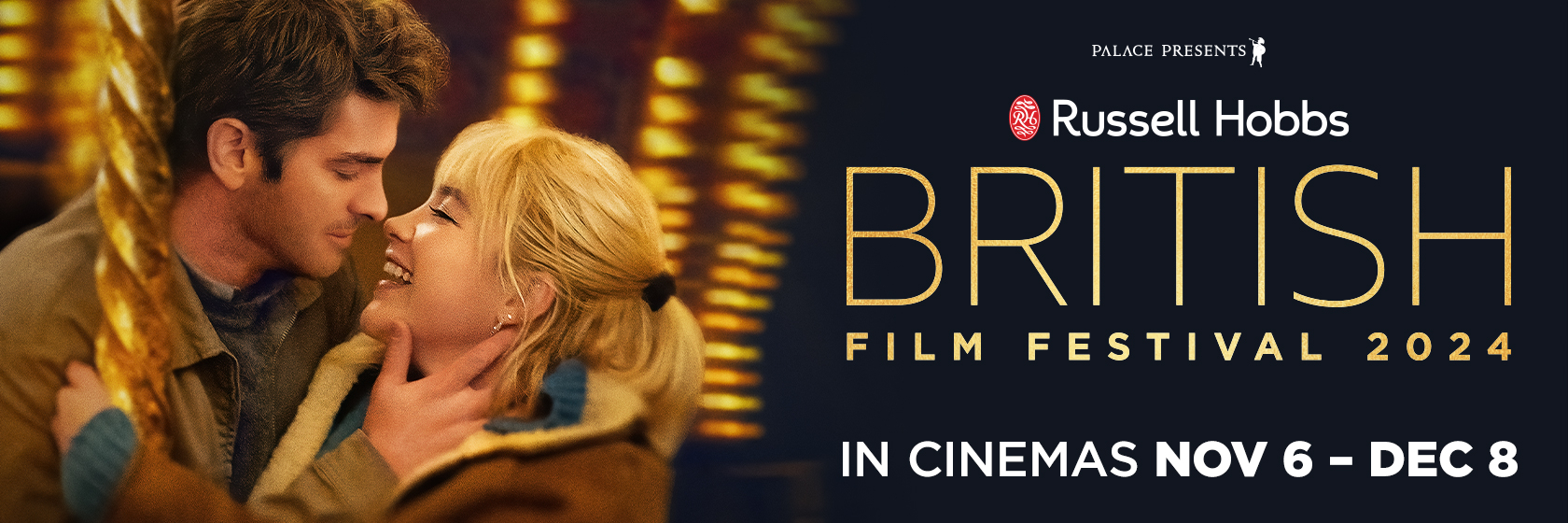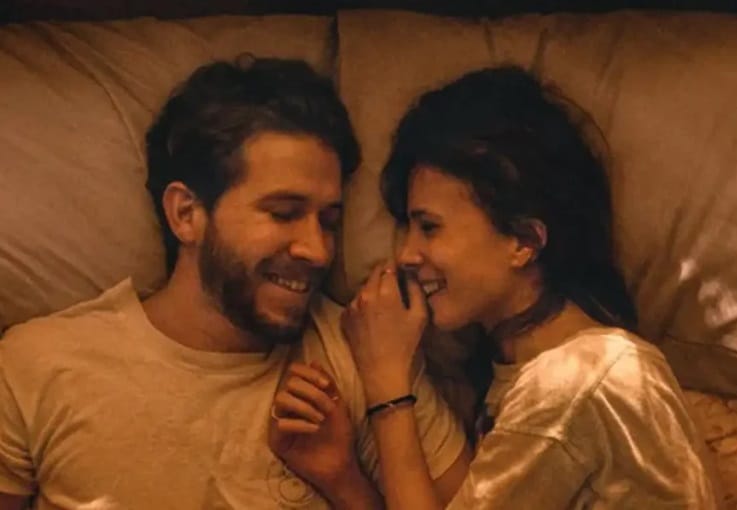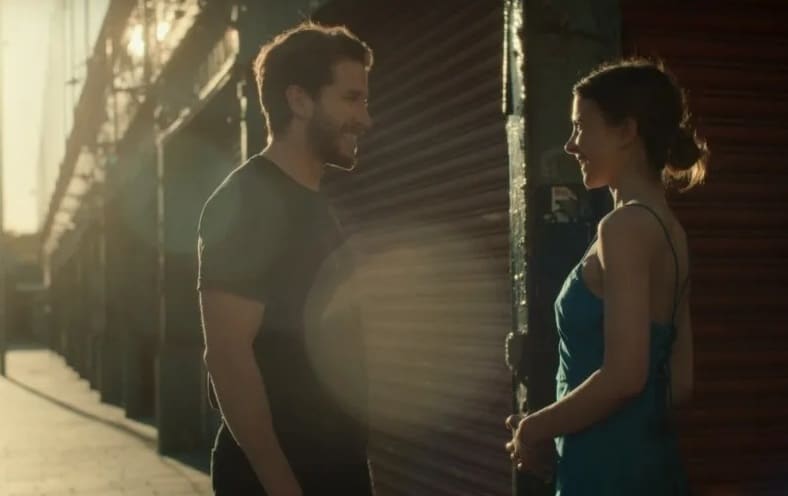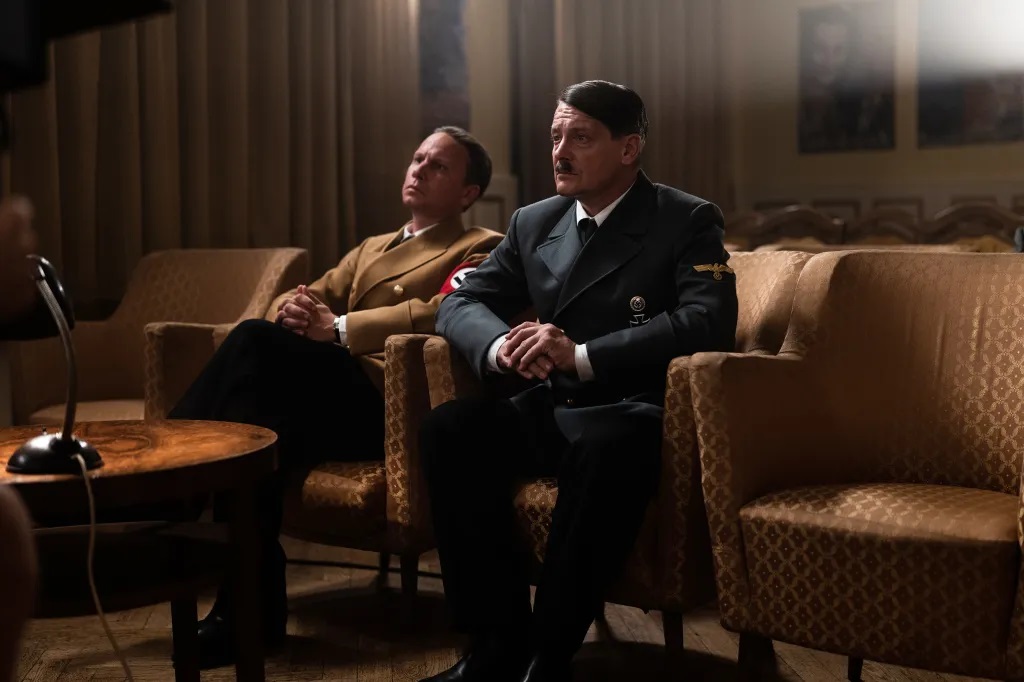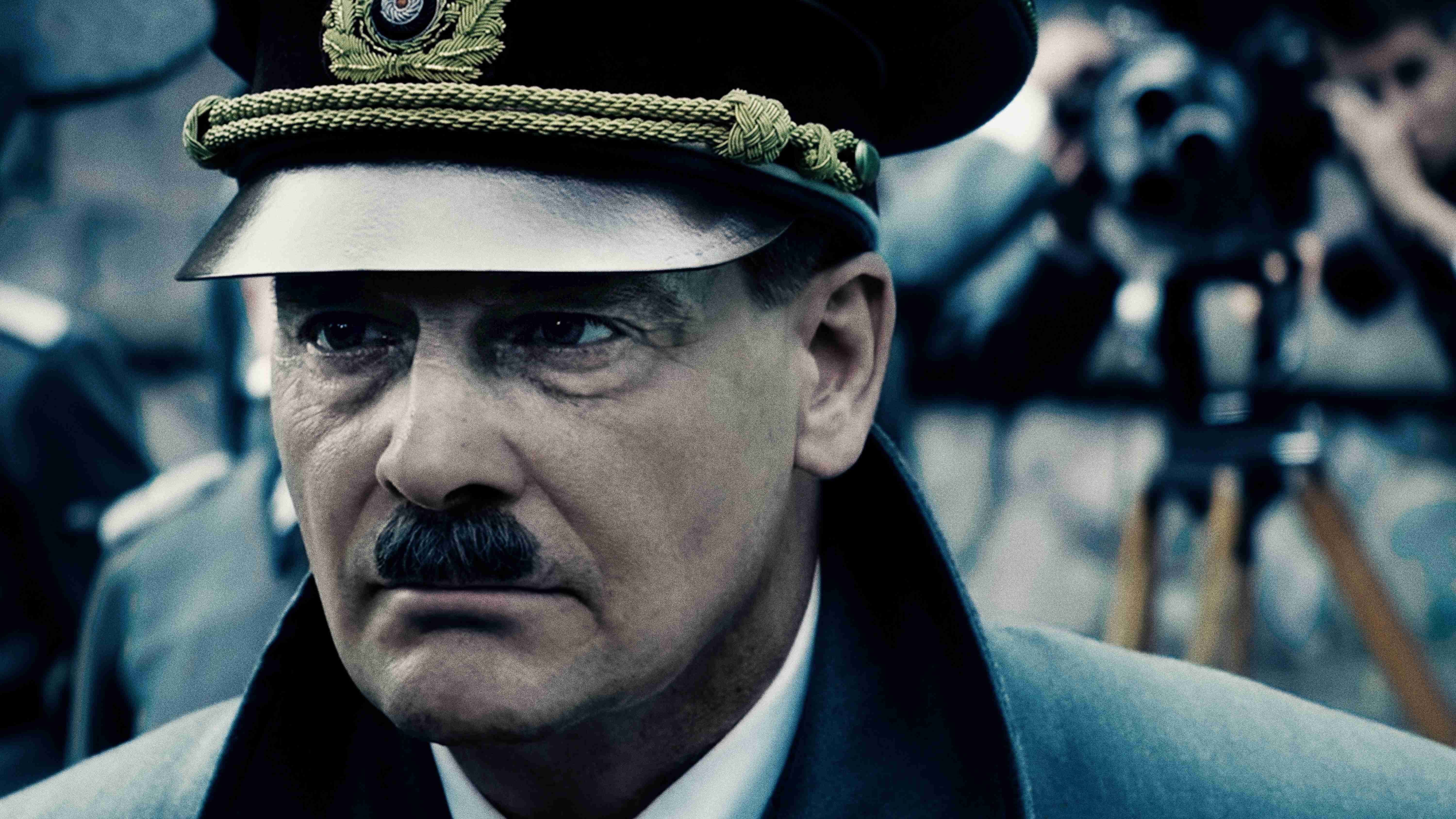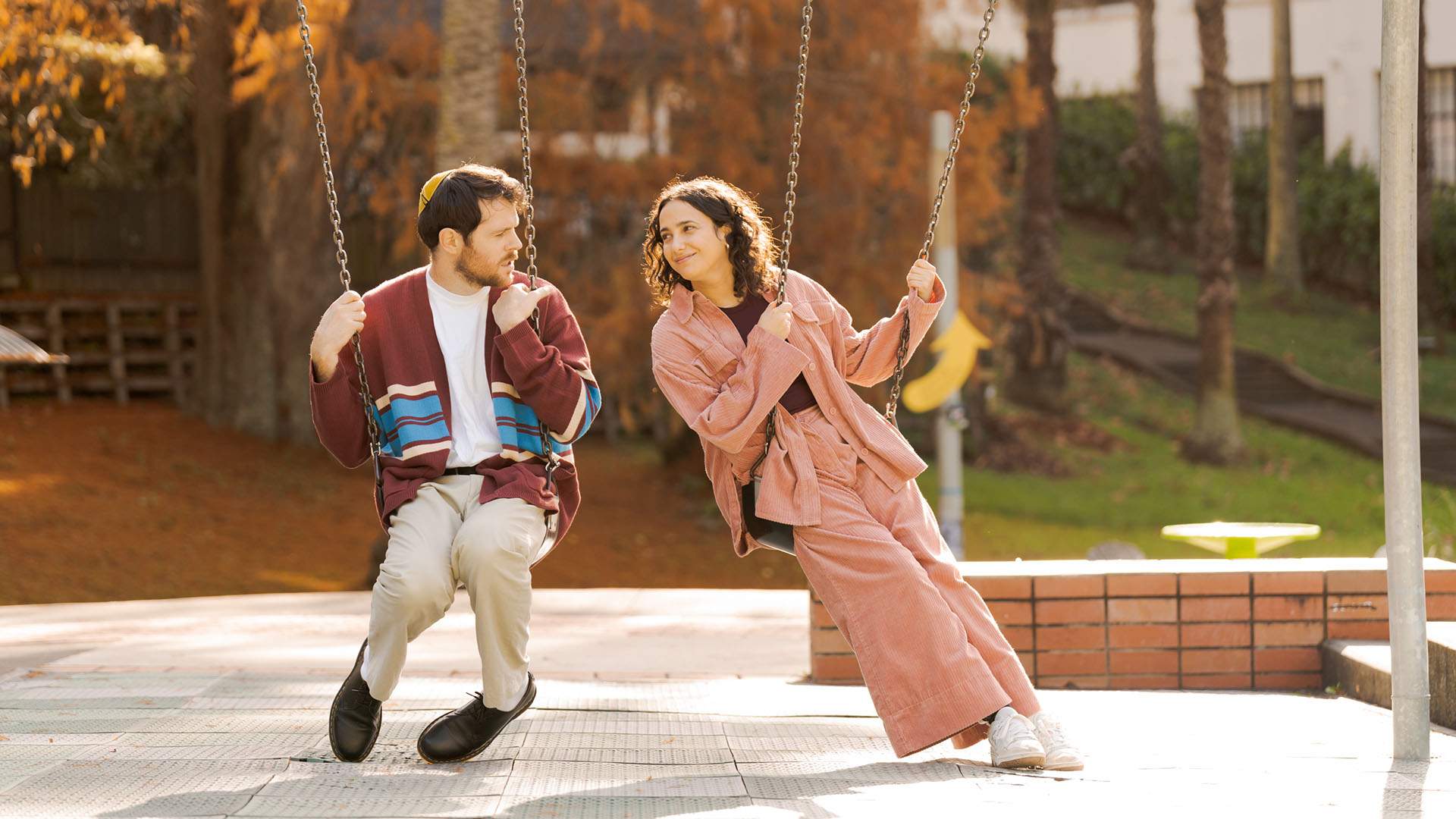“This Time Next Year” isn’t just your average romantic comedy; it’s a delightful romp that delivers laughs while diving deeper into the messy, complicated nature of love and life.
From the outset, we’re treated to a parade of the main protagonists unfortunate but hilarious misadventures, that will have you chuckling and cringing in equal measure, culminating in Minnie Cooper, yes you read it correctly, Minnie Cooper, being locked in a bathroom as the clock strikes midnight on New Years eve.
Enter the damsels rescuer, Quinn, played by the swoon-worthy Lucien Laviscount, whose charm and good looks sweep Minnie off her feet, igniting all those classic rom-com butterflies. But hold on! While the sparks fly, the film quickly reveals it’s not just about the surface-level romance.
Quinn, it turns out, has a backstory that adds layers to his character. He’s not just a pretty face; he’s grappling with the responsibilities of caring for his mentally ill mother, a weight that has forced him to mature in ways that have affected who he is at his core.


Meanwhile, our unlucky-in-love heroine is battling her own demons—a boyfriend who’s more of a nightmare and a business that’s gone belly-up, all while dealing with the nagging feeling that life just isn’t on her side – a destiny predicted to her at birth by her own mother. A destiny she seems to fulfill at every turn.
The film tries to cover a lot of ground, fixing friendships, unwell mothers, failed businesses and broken hearts along the way, often leaving the romantic elements simmering on the back burner for a lot of its 2 hour duration. Yet, the cast shines with a remarkable chemistry that’s impossible to ignore. Sophie Cookson (known for “Kingsman: The Secret Service”) and Laviscount (of “Emily in Paris” fame) expertly dance around their characters’ undeniable attraction, offering moments that recall the delightful awkwardness of “Bridget Jones’s Diary” in a number of scenes that leave you in stitches.
As the story unfolds, the pace may meander a bit, but it ultimately builds toward a satisfying end. Spoiler alert: there’s a fireworks-filled climax that makes the wait worthwhile.
In the end, “This Time Next Year” is a charming, if slightly slow, romantic comedy that’s worth a watch—even if it’s just for the shirtless scenes of the leading man. Whether you’re here for the laughs, the love story, or just to enjoy some eye candy, this film delivers a heartwarming experience that will leave you smiling.
The British Film Festival 2024 runs from Nov – Dec 8.
To book tickets to this or other films click https://britishfilmfestival.com.au/ for session and venue details.
